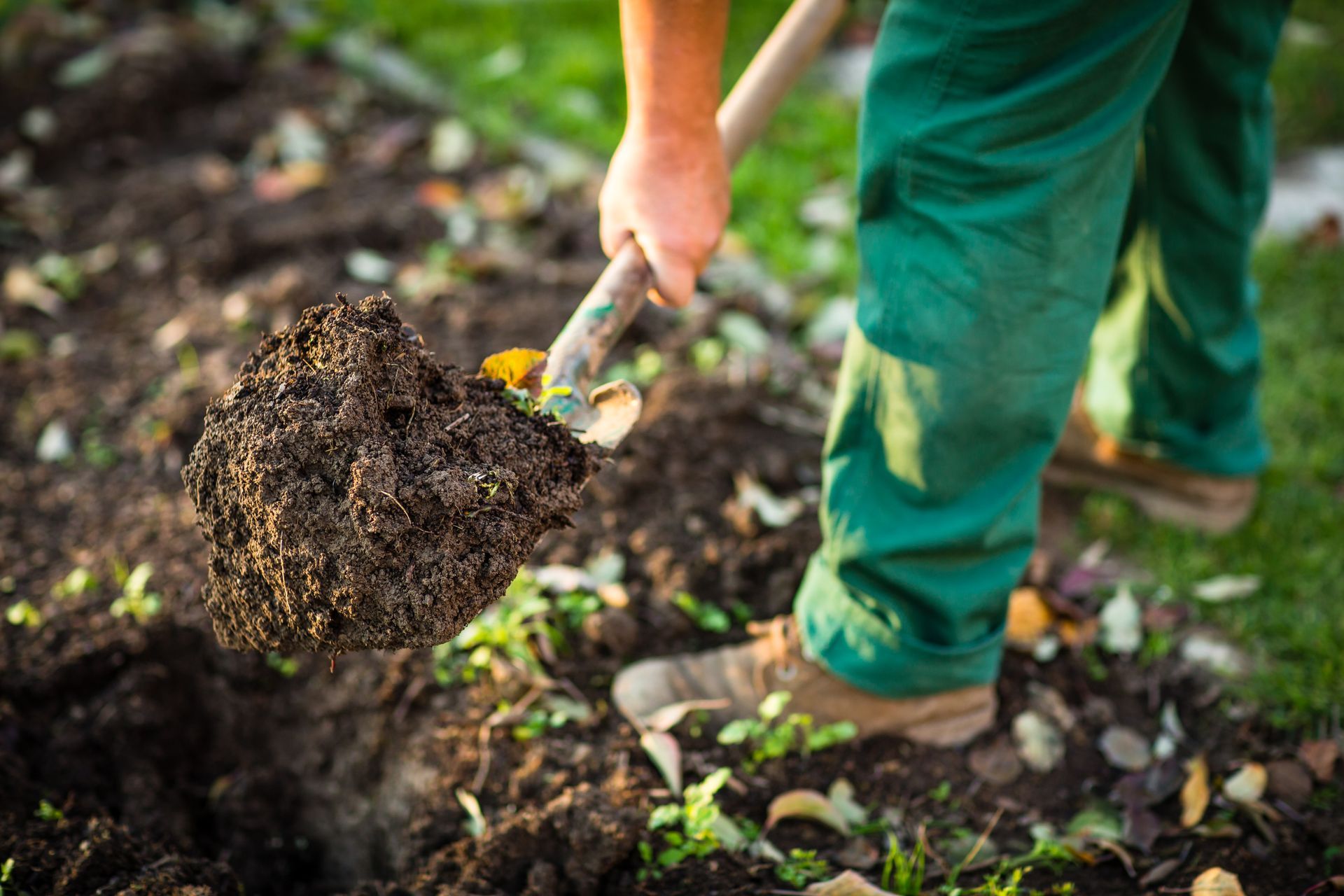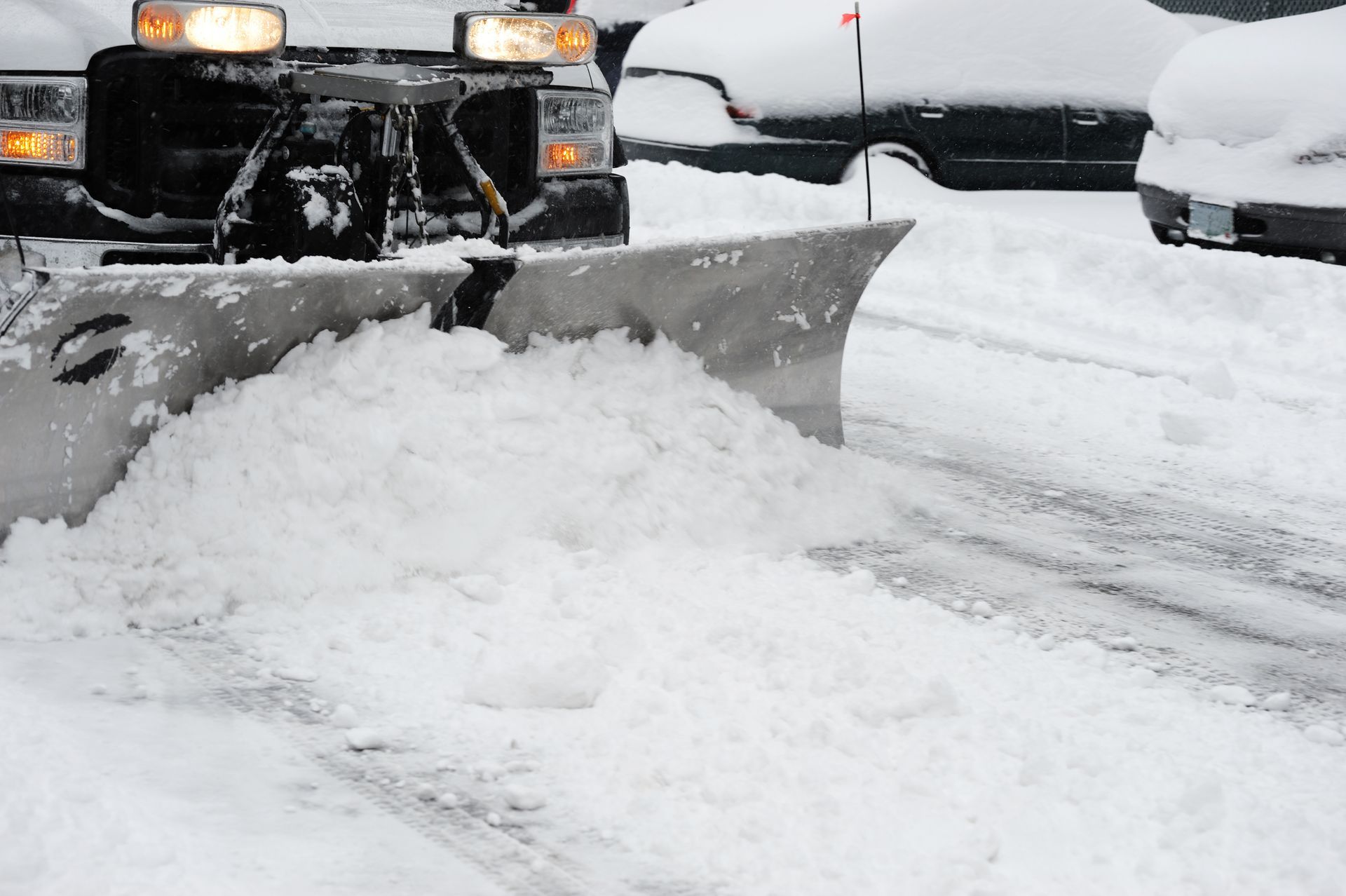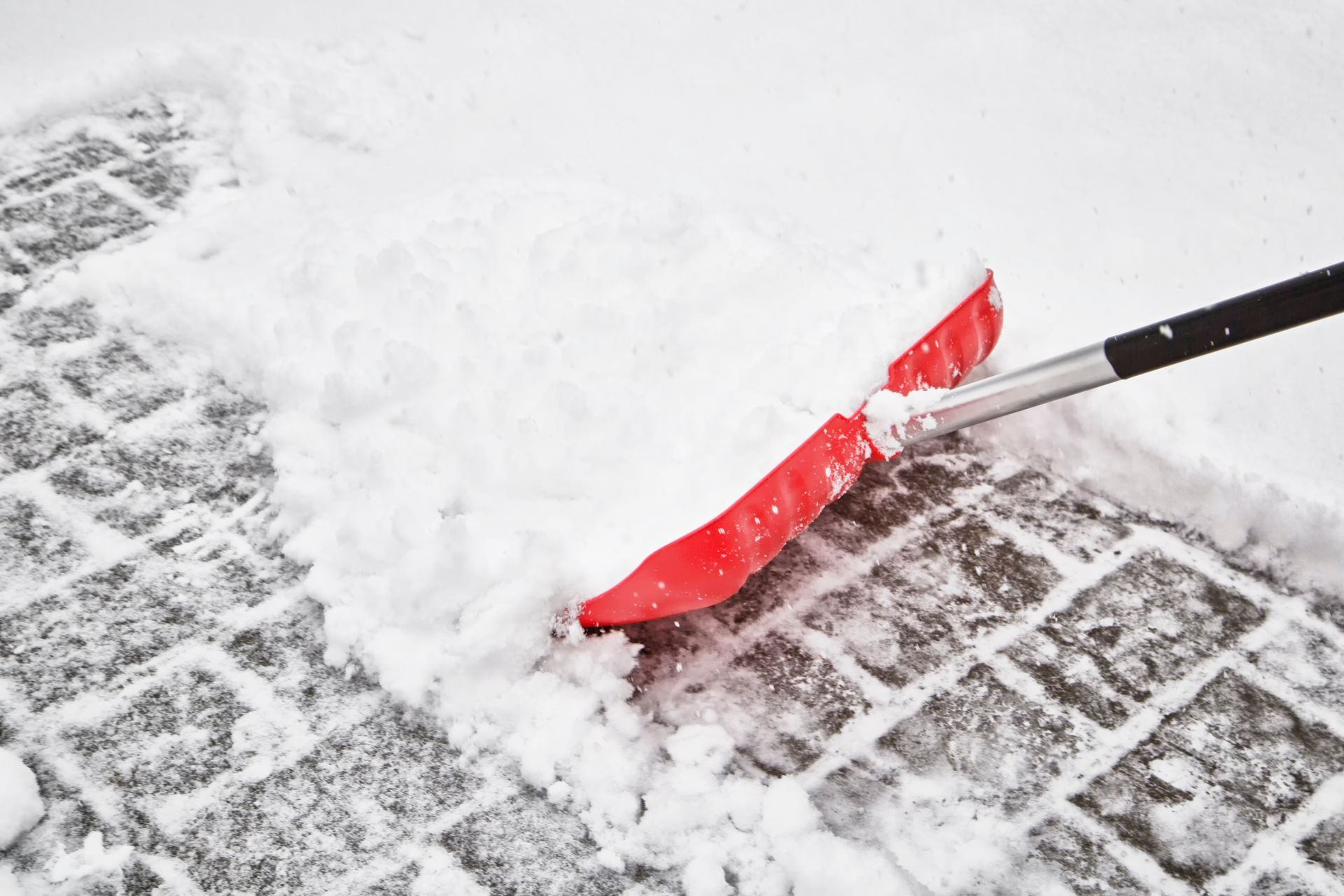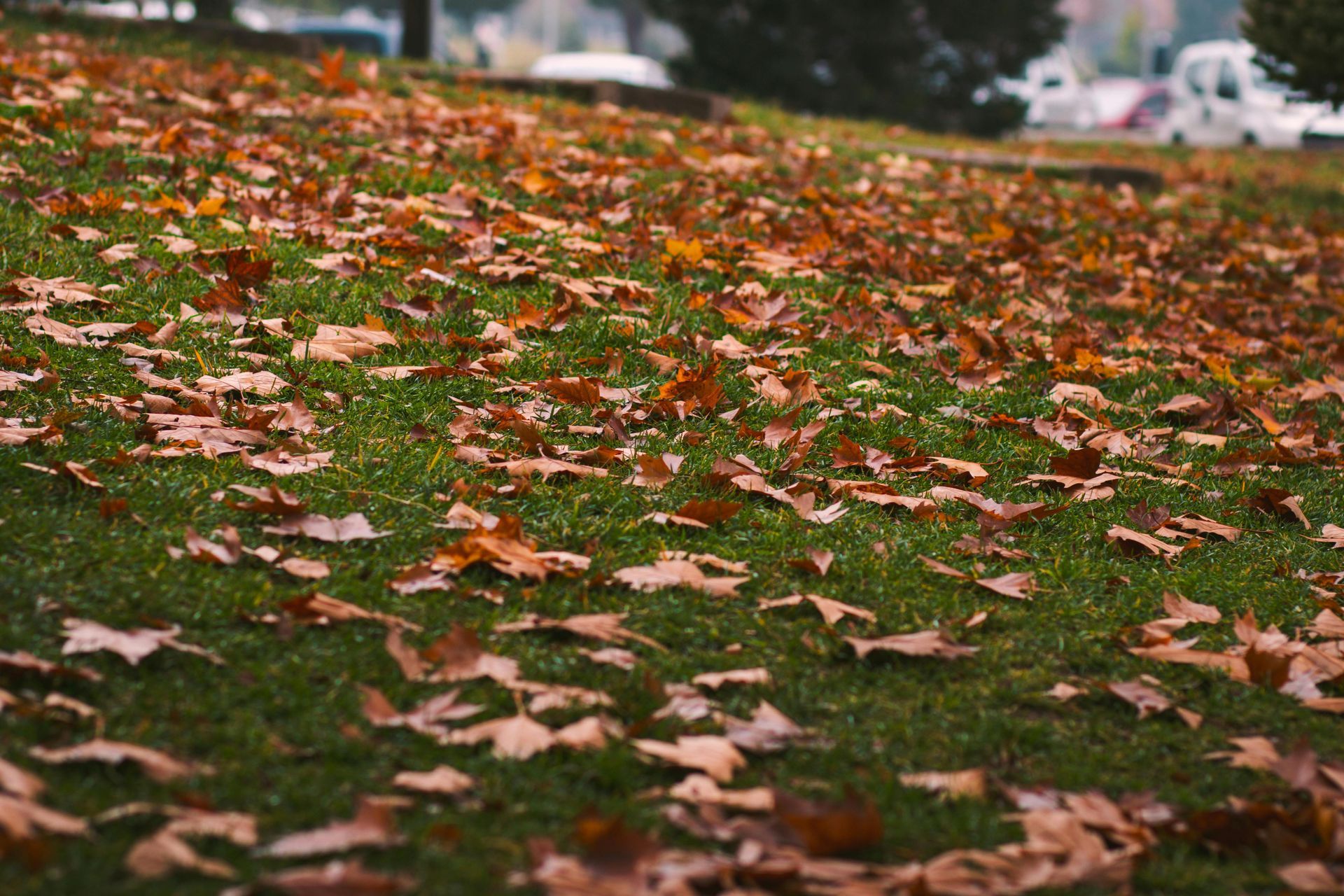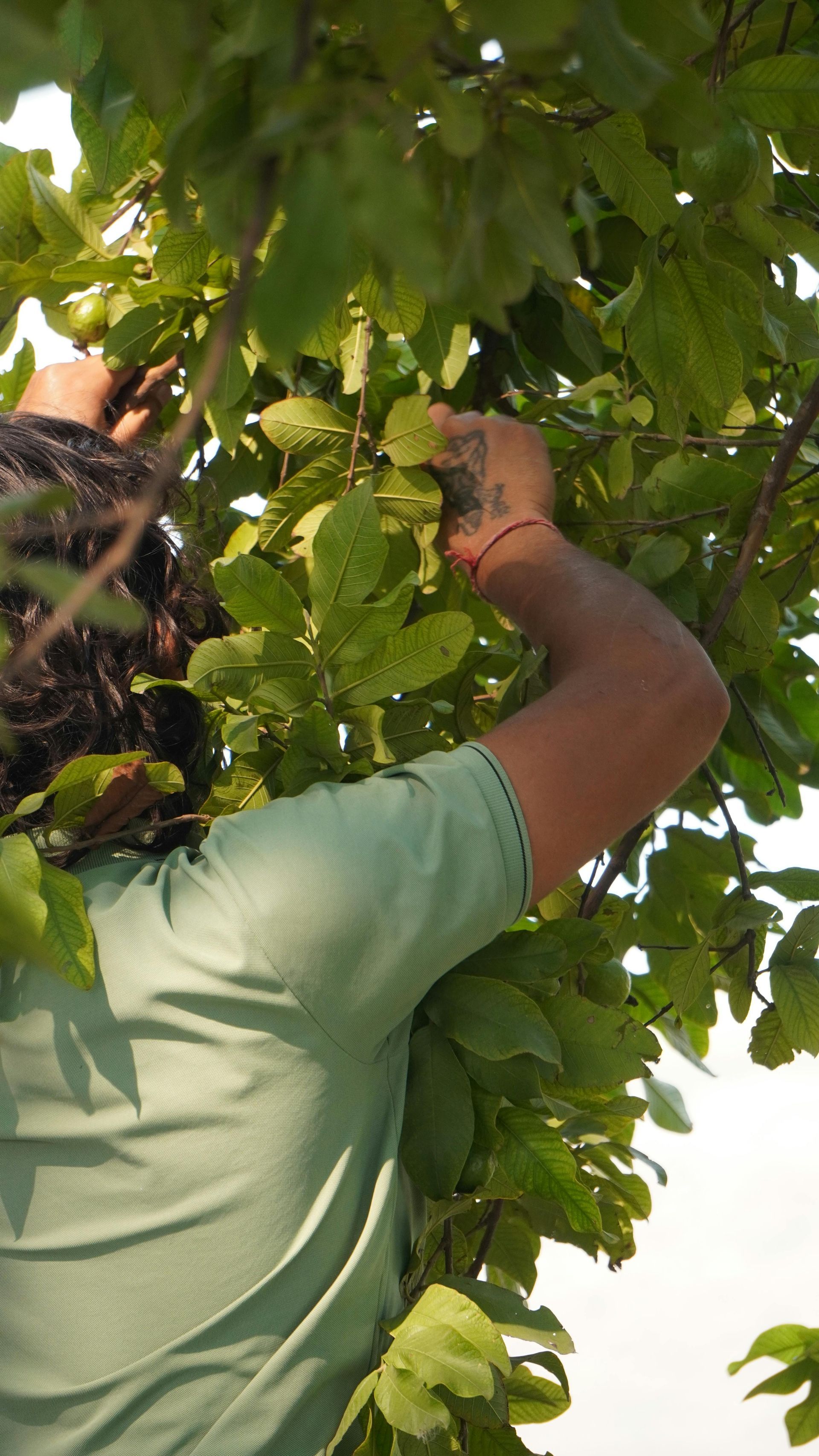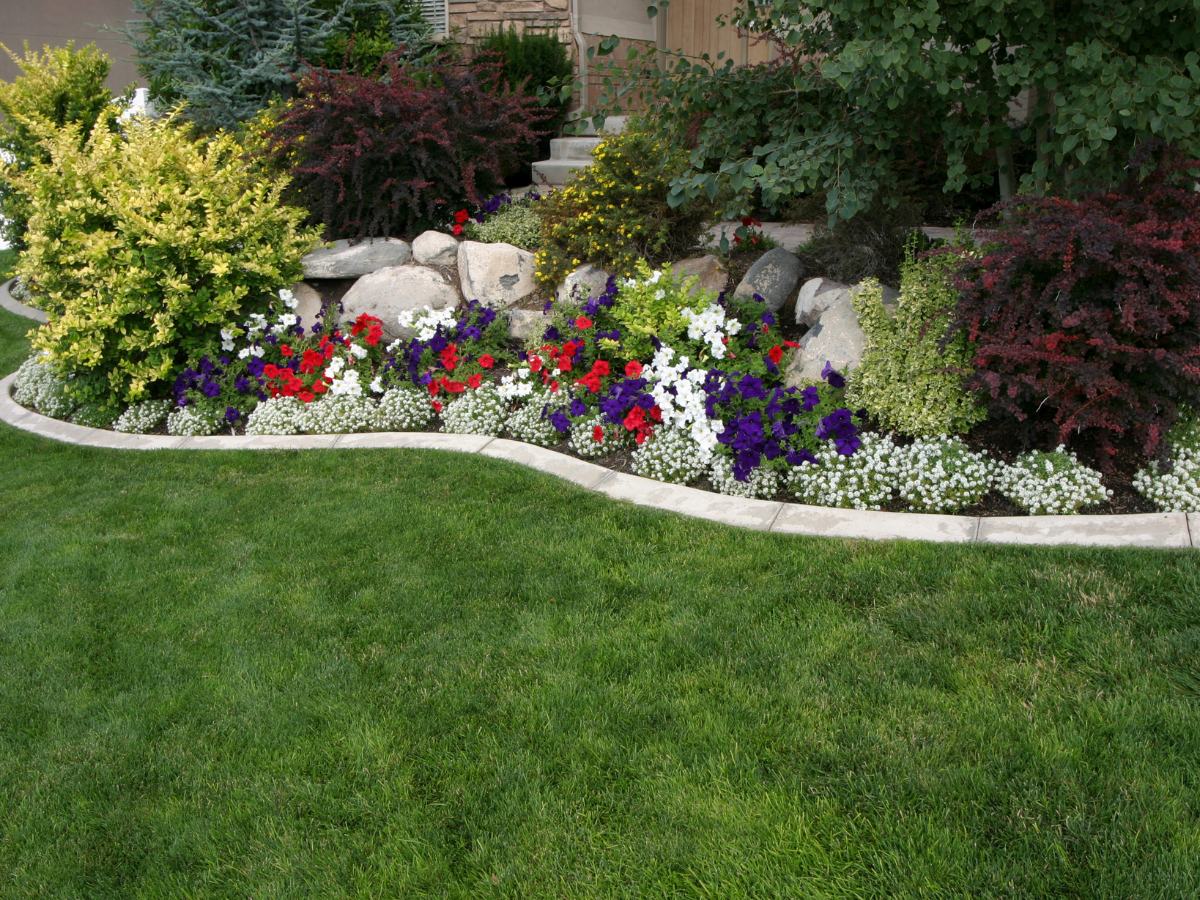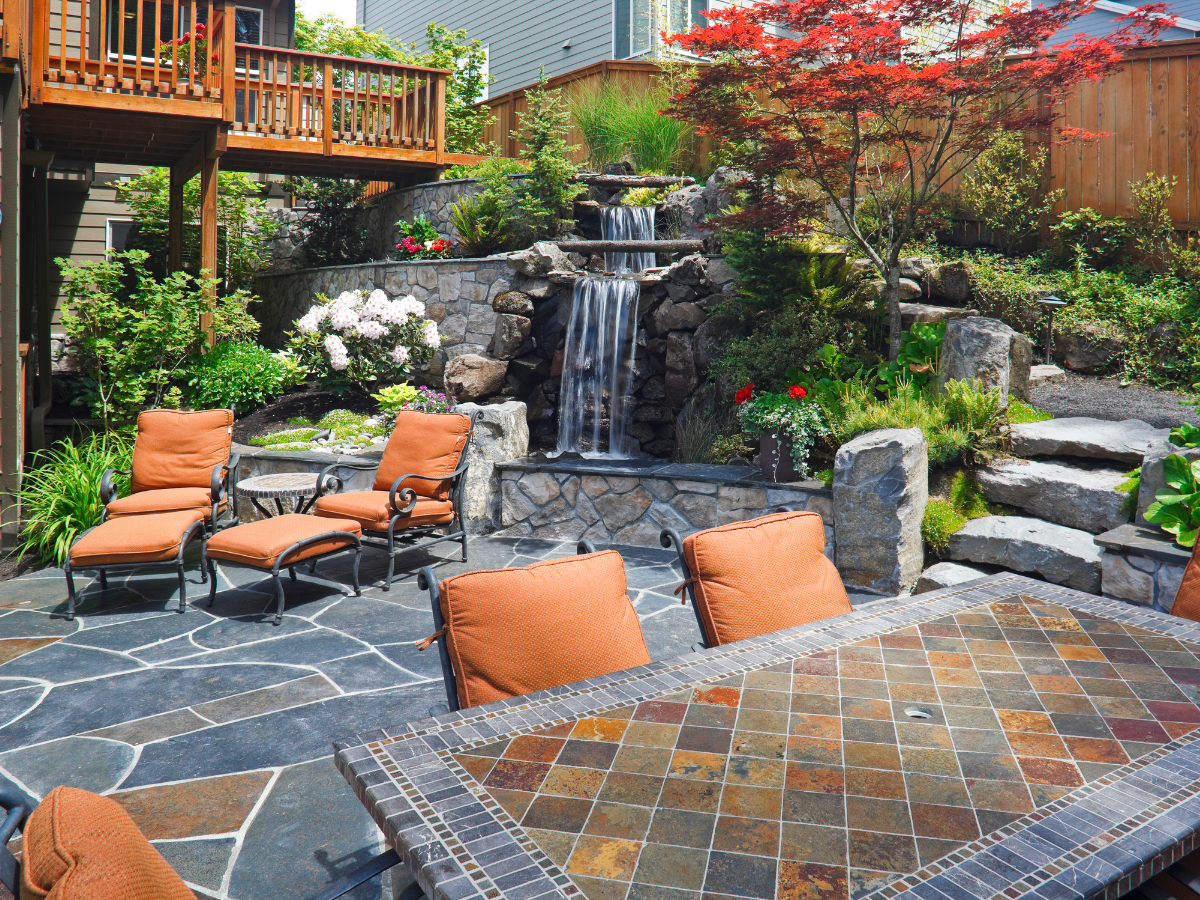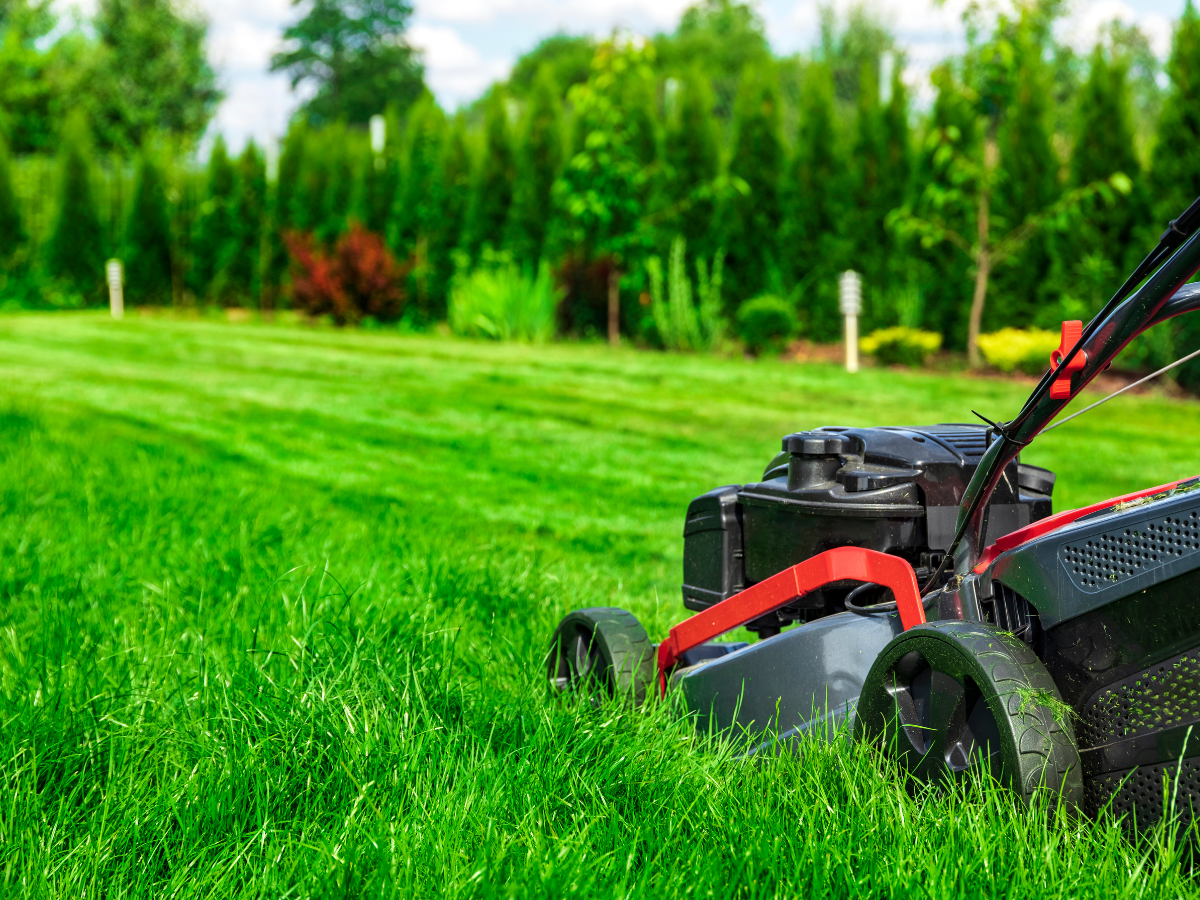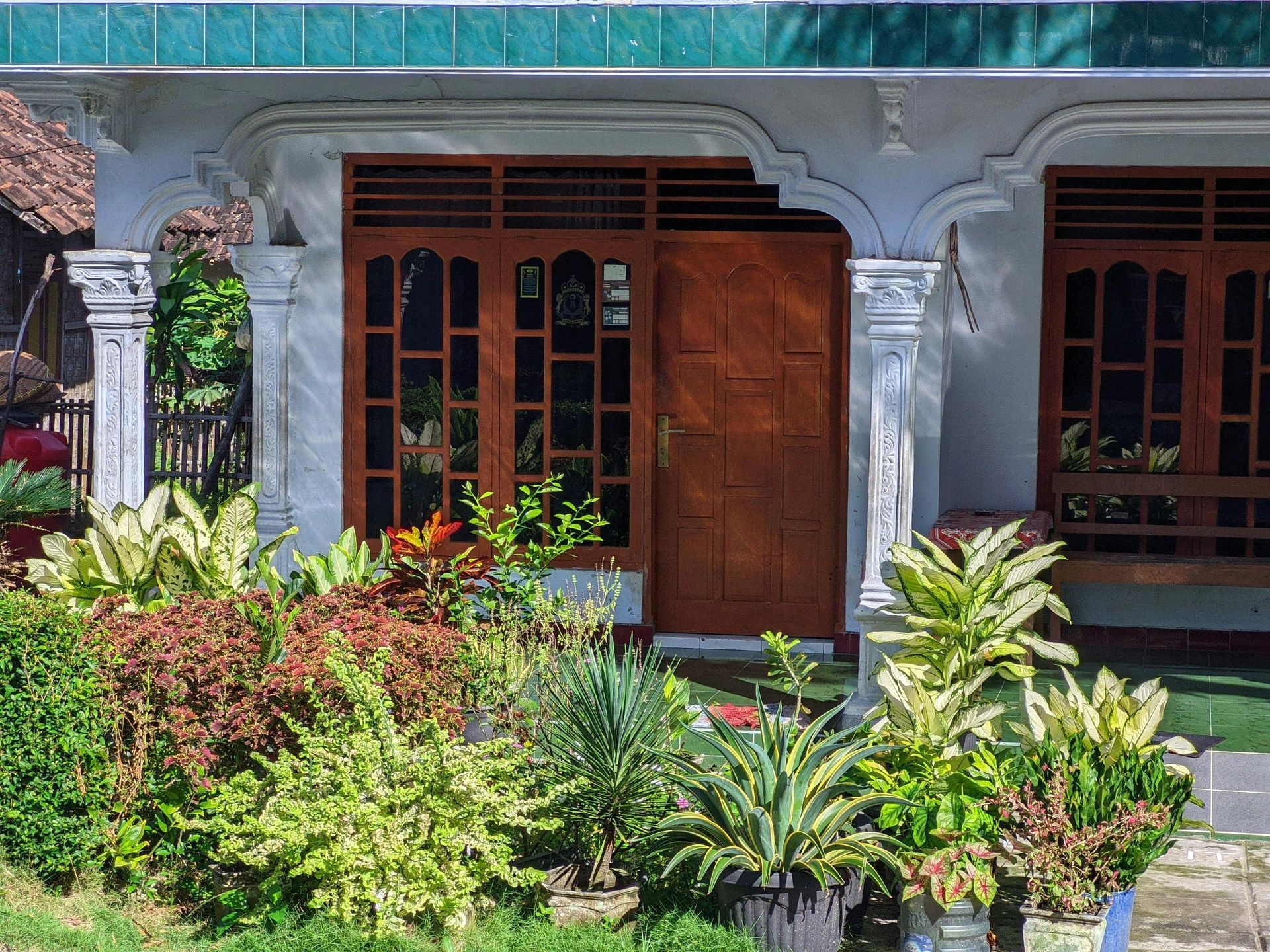Top Mistakes Homeowners Make in Landscape Design
Landscape design is an essential element of creating a beautiful and functional outdoor space. Whether you're looking to enhance your home's curb appeal, create a relaxing backyard, or improve your property’s overall aesthetics, a thoughtful landscape design can make all the difference. However, many homeowners make common mistakes that can derail their landscape plans. By recognizing these errors, you can avoid costly changes down the road and ensure your landscape remains both attractive and sustainable.
In this blog, we’ll explore the top mistakes homeowners make in landscape design and how you can avoid them.
1. Ignoring the Local Climate and Soil Conditions
One of the biggest mistakes homeowners make when designing their landscapes is choosing plants without considering the local climate and soil conditions. Not all plants are suited to every environment, and planting species that are ill-suited to your region can lead to poor growth or even plant failure.
Solution: Before choosing plants, research the hardiness zones in your area and select species that thrive in your climate. A great resource is the USDA Plant Hardiness Zone Map, which can help you choose plants that will flourish where you live. Additionally, consulting a professional landscaping service, like AAF Landscaping, can ensure you select plants best suited for your local environment.
2. Overlooking Proper Drainage
Poor drainage can lead to water pooling around your plants and foundation, which can result in plant rot, erosion, and even damage to your home’s structure. It's crucial to plan for proper drainage when designing your landscape to avoid these costly issues.
Solution: Make sure to assess the natural slope of your yard and ensure water flows away from your home’s foundation. Consider installing a French drain or rain garden to direct water to the appropriate areas. A professional landscaper, like those at AAF Landscaping, can help you plan and install effective drainage solutions.
3. Lack of Cohesion in Design
One mistake many homeowners make is neglecting the overall cohesion of their landscape design. A garden or yard that lacks harmony can appear cluttered or disconnected. Focusing too much on individual elements rather than the overall design often results in an unbalanced and uninviting space.
Solution: Think about the style and theme you want for your outdoor space. Whether it’s a modern, minimalist look or a more rustic, natural feel, make sure your plants, materials, and layout work together to create a cohesive design. Using elements like symmetry, color palettes, and focal points can help achieve this balance. You can also refer to our landscaping design services for inspiration.
4. Choosing Plants That Are Too Large for the Space
Many homeowners choose plants without considering how large they will grow. Planting shrubs, trees, or flowers that outgrow their space can result in overcrowded areas and blocked views. Not only does this detract from the visual appeal, but it can also interfere with the health of the plants.
Solution: Always check the mature size of plants before placing them in your landscape design. Be mindful of how their size will affect the space and the other plants around them. Allow enough space for them to grow comfortably, and prune regularly to maintain their shape.
5. Neglecting Maintenance Requirements
Some plants and features require more maintenance than others. Homeowners often choose low-maintenance plants but forget that other elements of the landscape, such as hardscaping or irrigation systems, also need upkeep. Failing to plan for ongoing maintenance can lead to an overgrown garden or malfunctioning systems.
Solution: When selecting plants or features, consider how much time you can realistically dedicate to maintenance. If you're looking for low-maintenance options, opt for native plants that require minimal care. Additionally, an automated irrigation system can save you time and ensure your plants receive the right amount of water consistently.
If you need help with maintenance, AAF Landscaping offers regular maintenance services to keep your landscape healthy and looking its best.
6. Not Taking Sun and Shade Into Account
The amount of sunlight your landscape receives is crucial in determining the types of plants that will thrive in your yard. Many homeowners make the mistake of planting sun-loving flowers in shaded areas or vice versa, leading to poor plant health and a lack of vibrant color.
Solution: Assess your yard’s sun and shade patterns throughout the day. For areas with full sun, consider plants like sunflowers, lavender, or daisies. For shady spots, choose plants like ferns, hostas, or begonias that will flourish in lower light conditions. This small adjustment can make a huge difference in the success of your landscape.
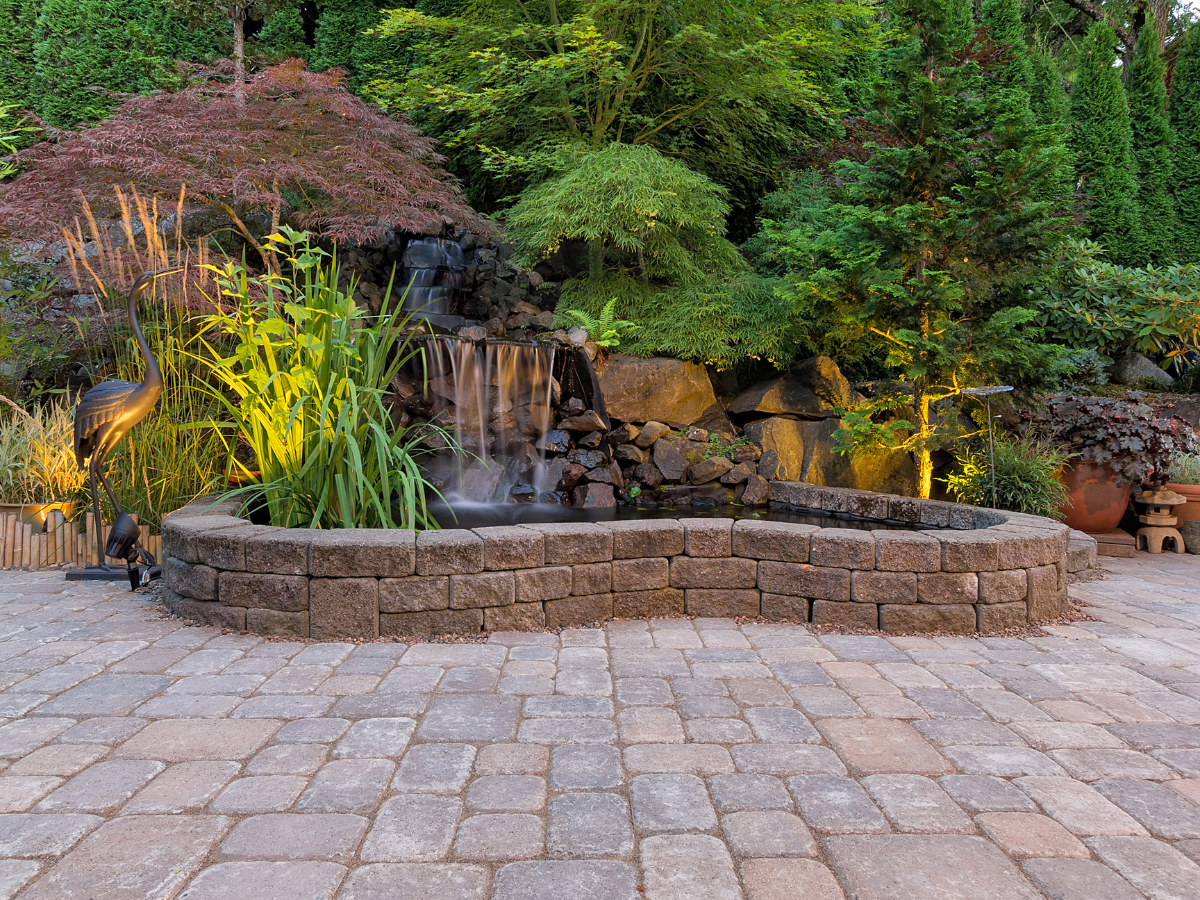
7. Underestimating the Importance of Hardscaping
Hardscaping elements, such as patios, walkways, retaining walls, and outdoor lighting, can greatly enhance your landscape. However, many homeowners focus solely on plants and overlook the benefits of adding hardscaping elements to their outdoor space. This can lead to a lack of functionality and visual interest.
Solution: Incorporate hardscaping into your landscape design to create functional spaces for outdoor living. Patios, fire pits, and walkways can create cozy areas for relaxation or entertainment. Choose materials that complement your home’s exterior and provide a cohesive look. Learn more about our hardscaping services here.
8. Overdoing Landscaping Features
While it’s important to add interest to your landscape, overcrowding it with too many features can be overwhelming. Large, intricate water features, a variety of plants, and excessive decorative items can make the space feel chaotic rather than relaxing.
Solution: Focus on quality over quantity. Select a few well-placed landscaping features, such as a central water feature, a sculptural tree, or a decorative stone path. Keep the overall design simple and balanced, allowing each element to stand out and make an impact.
9. Neglecting Seasonal Interest
Landscaping is not just about creating a beautiful yard for the spring and summer. Many homeowners forget to plan for year-round interest, which results in a lackluster landscape in the fall and winter months.
Solution: Incorporate plants with varying bloom times and evergreen species into your landscape to ensure it remains attractive year-round. Consider adding shrubs, trees, and perennials that offer fall and winter color, such as holly, evergreens, and ornamental grasses.
10. DIY Landscaping Without Professional Help
While DIY landscaping can be a fun and rewarding project, homeowners often underestimate the complexity of a good landscape design. Tackling large or intricate projects without the right knowledge can result in mistakes that require costly repairs or rework.
Solution: If you're unsure about your design plans or lack the expertise to handle large projects, consider consulting a professional landscaper. A professional can guide you through the design process, offer advice on plant selection, and ensure your landscape is both functional and beautiful. AAF Landscaping’s experts are here to help you every step of the way.
Conclusion
Landscape design is an investment in your home that can add significant value and curb appeal. By avoiding these common mistakes, you can create a stunning outdoor space that is both aesthetically pleasing and easy to maintain. Remember, proper planning is key to a successful landscape. If you're ready to get started on your next landscaping project, contact AAF Landscaping today for expert design and installation services that will transform your yard into the outdoor oasis of your dreams.

